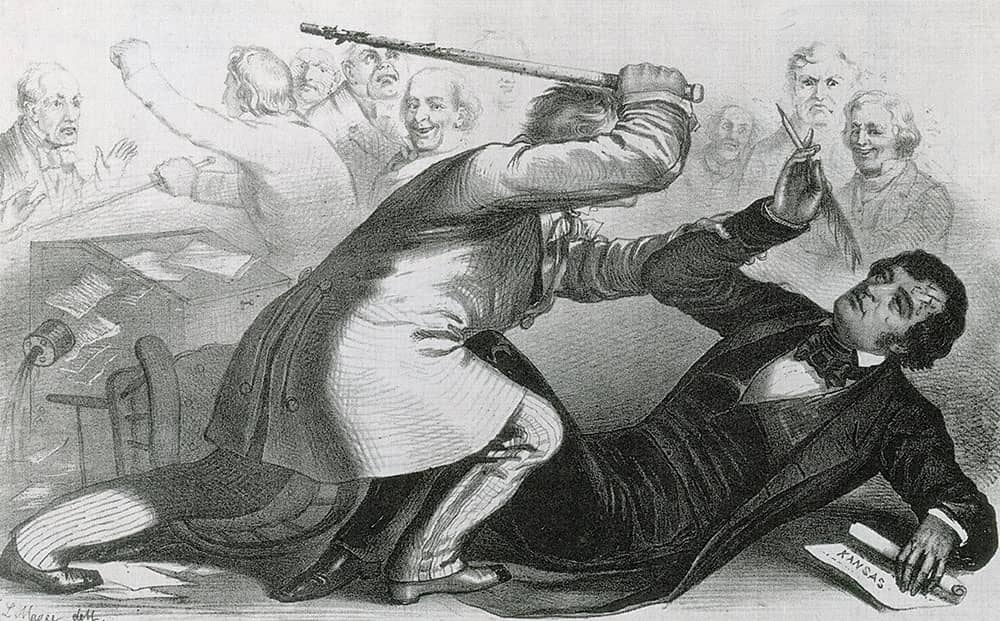Partisanship

PARTISANSHIP/HNRC 301VH (001)
MONDAYS 5-6:15 p.m./SPRING 2021
GEAR 243
Intense partisanship seems to be everywhere today; good luck spending ten minutes on social media without seeing some form of political antipathy. Even as studies emerge about the many ways Americans are divided in 2020, what often gets overlooked is that partisanship, for better or for worse, has been a key feature of our political system since its founding. In this course, honor students will get to explore the impact of partisanship on the United States throughout its history by examining a collection of primary source documents and scholarly works.
All honors students, regardless of their place on the political spectrum, are invited to apply for Partisanship. The foundation of the course will be the discussion that takes place around a table in the Honors College wing of Gearhart Hall. The course will begin with an examination of the debate over the ratification of the U.S. Constitution, an argument that would spill over to George Washington's administration and led to the formation of political parties. Next, students will discuss the argument over slavery that overwhelmed the national discourse for decades before the ratification of the 13th Amendment soon after the Civil War had ended. The class will eventually turn to the key political issues that have dominated American politics since the beginning of the 20th century, including civil rights, the social safety net, and the use of American military force abroad. Throughout the course, various questions will be considered, including:
• How have American political parties evolved over time?
• How has the media contributed to partisanship in the United States?
• In what ways has partisanship impacted the effectiveness of our political institutions?
How can this be addressed?
• Looking at the historical record, can we realistically say that 2020 is the apex
of American political partisanship?
These questions, and many more, will be examined in Partisanship.
About Noah Pittman: 
Noah Pittman currently serves as the associate dean of enrollment for the Honors College. Dr. Pittman earned a B.A. in political science, summa cum laude, from Rhodes College in Memphis, Tenn., where he was active in a number of campus groups and won numerous awards, among them the Yerger Hunt Clifton Scholarship for British Studies at Oxford, the Seidman Award for Most Outstanding Senior Political Science Major, and the Algernon Sydney Sullivan Award for Senior Male Student. During college, Dr. Pittman also interned at Congressman Steve Cohen's Ninth District Office in Memphis and interned for Harold Ford Jr.'s 2006 U.S. Senate Campaign in Tennessee.
At the University of Arkansas, Dr. Pittman completed a M.Ed. in higher education leadership and a Ph.D. in public policy. Dr. Pittman's dissertation on the Arkansas Scholarship Lottery and its effects on college participation in the state earned him the William Miller Dissertation Award from the university's public policy program.
Currently, Dr. Pittman is a member of the Phi Beta Kappa executive committee and the Provost's Enrollment Advisory Committee. His previous honors teaching experiences include Tracking Trump & Hillary, Trump 365, Midterm Elections, Presidential Speeches, and Campaign 2020.